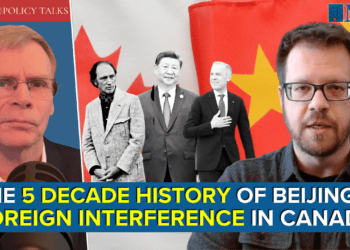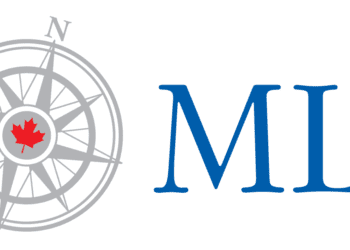In this edition of the Globe and Mail, MLI Senior Fellow Linda Nazareth sheds light on the economic benefits of free trade in people. Just like free trade in goods, the free movement of people has powerful and generally positive effects on the country of origin as well as the country of destination. Click here to read Linda’s assessment of the economic effects of global mobility today.
The economic benefits of free trade in people
Lynda Nazareth Special to The Globe and Mail, Published Friday, July 5th, 2013.
If you believe that free trade in goods and services enhances growth (I do, as do all but a seriously select group of economists), then it is not much of a stretch to say that free trade in people should do the same thing. Interestingly though, there are not a lot of analyses that look at the impact of migration – which is why I gravitated to an attempt to do just that by a trio of economists.
The study, by Julian de Giovanini, Andre Levchenko and Francesco Ortega (and discussed by Mr. de Giovanini in a piece for the World Economic Forum) examines the economic impact of the migration by looking immigration to and emigration from countries. For the former, they examined the impact on population and average income per person in the host country with and without immigration (they adjust for the latter by basically “removing” the immigrants from population and income estimates and adding them to the country of origin). For the latter, they look at the effect on population, but also tally immigrant remittances into the country from those who leave (i.e. sending money home).
It is a complicated calculation, but each piece is important. Looking at what immigration does to a country is important, but you also have to look at emigration, particularly if you are worried about any kind of “brain drain” effects.
What the study found fits into economists’ presuppositions quite neatly: Letting people move is good for the global economy. Logically we can see that; if people could leave places where there is limited opportunity and employment and go where prospects are better, that would have to make economic sense, particularly if they send money back to their former countries.
The results for individual countries, not surprisingly, varied quite widely. Countries such as Jamaica, because it loses a lot of population due to emigration, are generally found to be worse off because of migration. For Australia it is a bit of a wash: the country did well by bringing in people but also lost a lot of skilled workers to other countries. (Canada was not specifically mentioned in the study.)
For the vast majority of countries, the study concluded that migration was a good thing in economic terms, moving as it did people to areas where they could work in higher-value-added industries and contribute income-wise to their new countries. That was true both for the destination countries (the new home for the workers, which received the taxes from the new entrants) and to the source countries (who typically receive remittances from the emigrants). The caveat to this is that the positive effect did not always materialize in the short run, but did show up eventually.
The authors themselves point out that their findings may be a bit controversial these days. They note that their conclusion that receiving countries benefit from immigration may be unappealing, given that they are at odds with what seems to be widespread opposition to immigration from high-income countries. It is good to have the numbers, however. With economies around the world in turmoil, we are on the edge of a new wave of migration – and it is nice to think that the shuffling of populations will ultimately make economic sense.
Linda Nazareth is the principal of Relentless Economics Inc. and a senior fellow at the Macdonald Laurier Institute.




